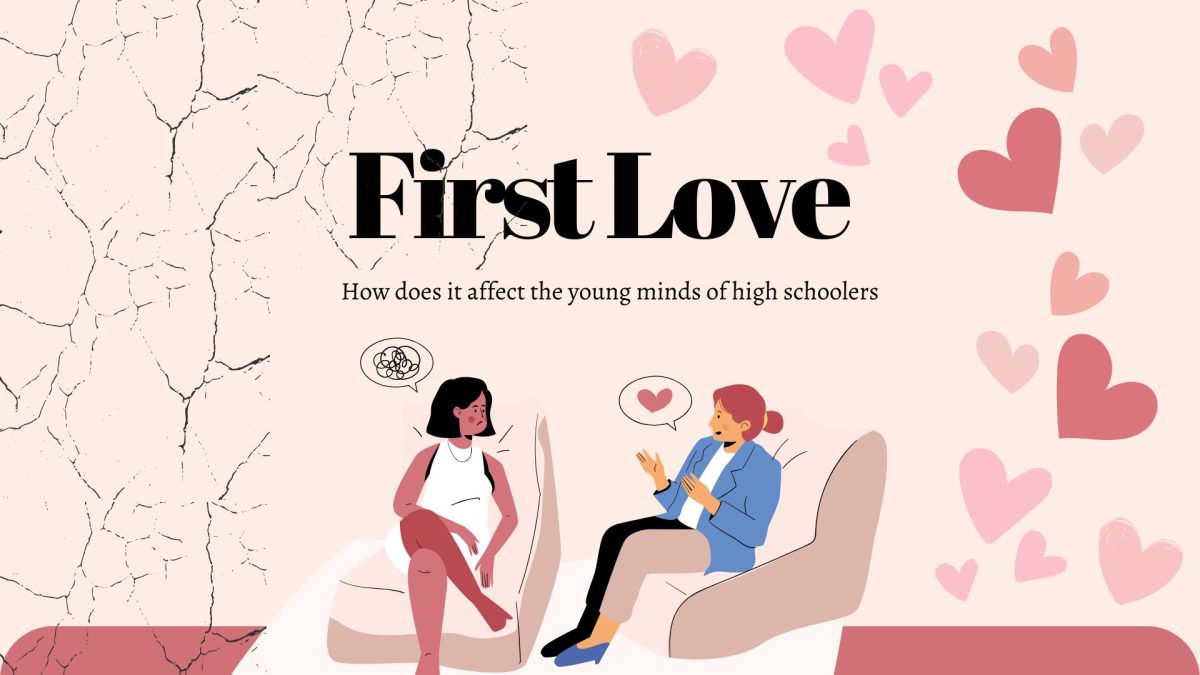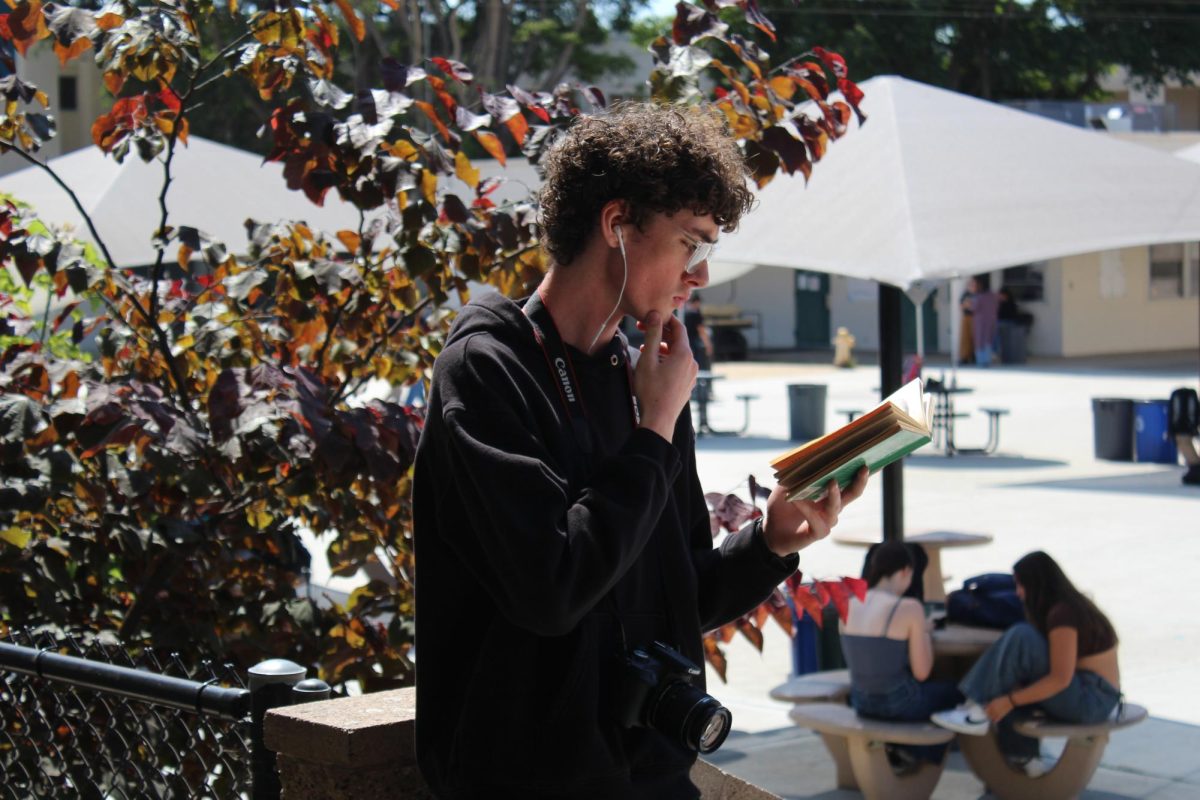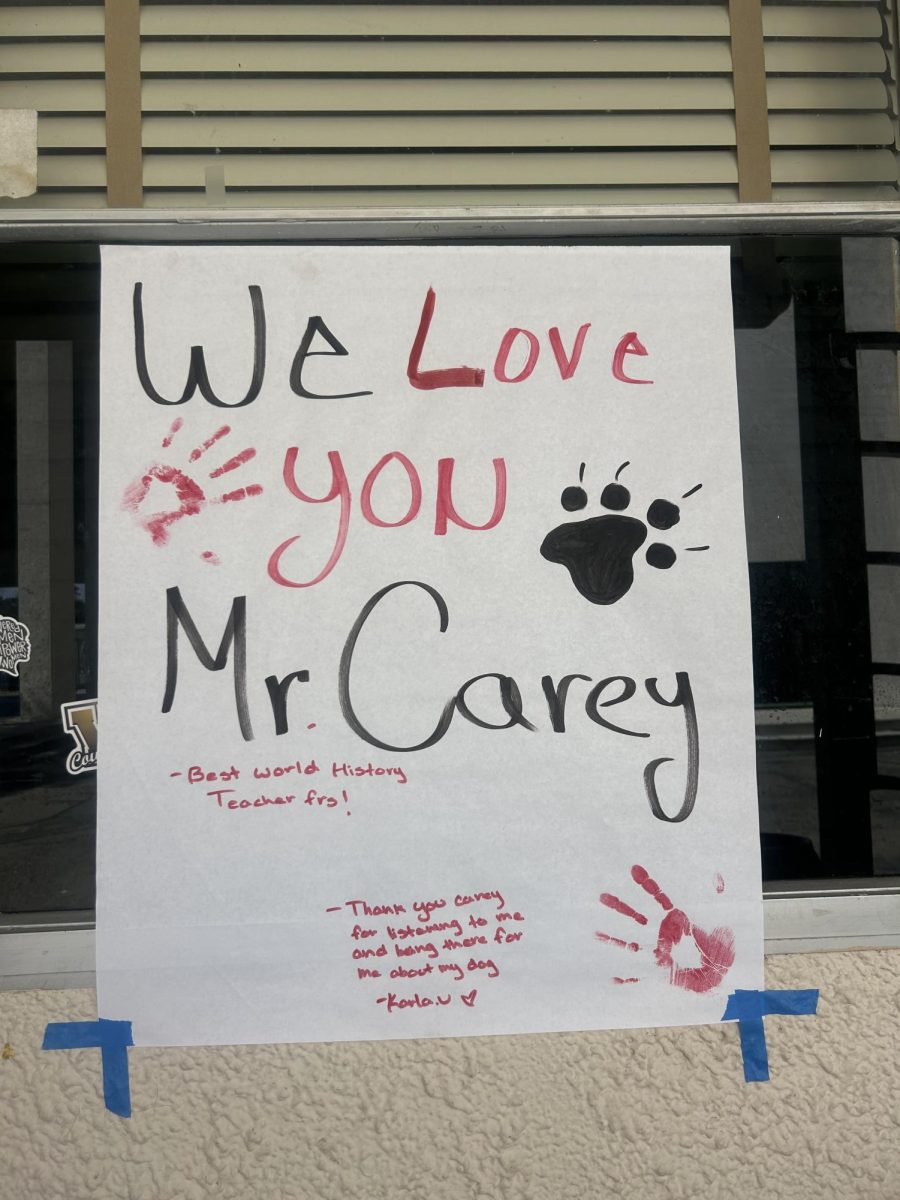Does the administration think students are for sale?
On Mon Feb 24, Brent Camalich came to Ventura High school representing his brand, “Dude. Be nice.” Much like the Super Duper Kyle concert sponsored by Axe and hosted at VHS in 2019, “Dude. Be nice” presented itself as a corporation with a message, and more importantly, a brand.
While the messages that these brands promote are great, they’re still brands, a self-interested private business. Both Axe and “Dude. Be nice” came to the school professing progressive and positive agendas, but it comes across as distasteful and almost manipulative. These brands are twisting adolescent progressivism into an image they can market for a profit.
There is an inherent issue with companies having full ability to promote themselves to an impressionable population that is largely ignorant of the motives that drive their corporate behavior.
English teacher Greg Raney stated, “I think it’s a good intention to talk about toxic masculinity or talking about kindness. However, I think the manner in which that message is given to students is problematic and is borderline deceitful… students deserve to be more well informed.”
Private companies should not have the ability, let alone the right, to capitalize on high school students.
These companies not only receive free press and media content, they are cultivating a consumer base to sustain their monetary gain. More disturbing is the fact that high schoolers are being used as their unwitting focus group.
While Axe presents a more egregious example, with some students receiving a survey asking them about the likelihood of purchasing Axe products after their concert, “Dude. Be nice” is hardly innocent. The promotional information they provided included shameless brand and social media promotion.
On the surface, the messages these brands promote are good, Axe addressing toxic masculinity and “Dude. Be nice” promoting positivity, kindness and individuality is “a great thing for a company to do,” junior Connor Loughman said. Most students would probably agree with the intent of these assemblies, that is, to support a stronger culture of caring at VHS, but the tactics they employ can be called into question. “I didn’t really care about the company as much as I wanted to hear about their message and stories about positivity,” explains Loughman.
However, take a closer look at the messages that are being sent to the student body, “don’t be toxic” and “be nice.” These are things the administration deems necessary to teach us. Raney stated students are being “present[ed] a message in a way without fully understanding what is going on behind the scenes… the transparency leading up to the event is not there.”
If the school considers it important to tell all of VHS to be kind and not be toxic, then the administration thinks that the student body is rude, malicious and worst of all, they’re willing to sell us out to tell us how to fix those things.
If these are truly things that need to be fixed or even just addressed, it should be done in house, not by some self-interested profiteering interloper.








